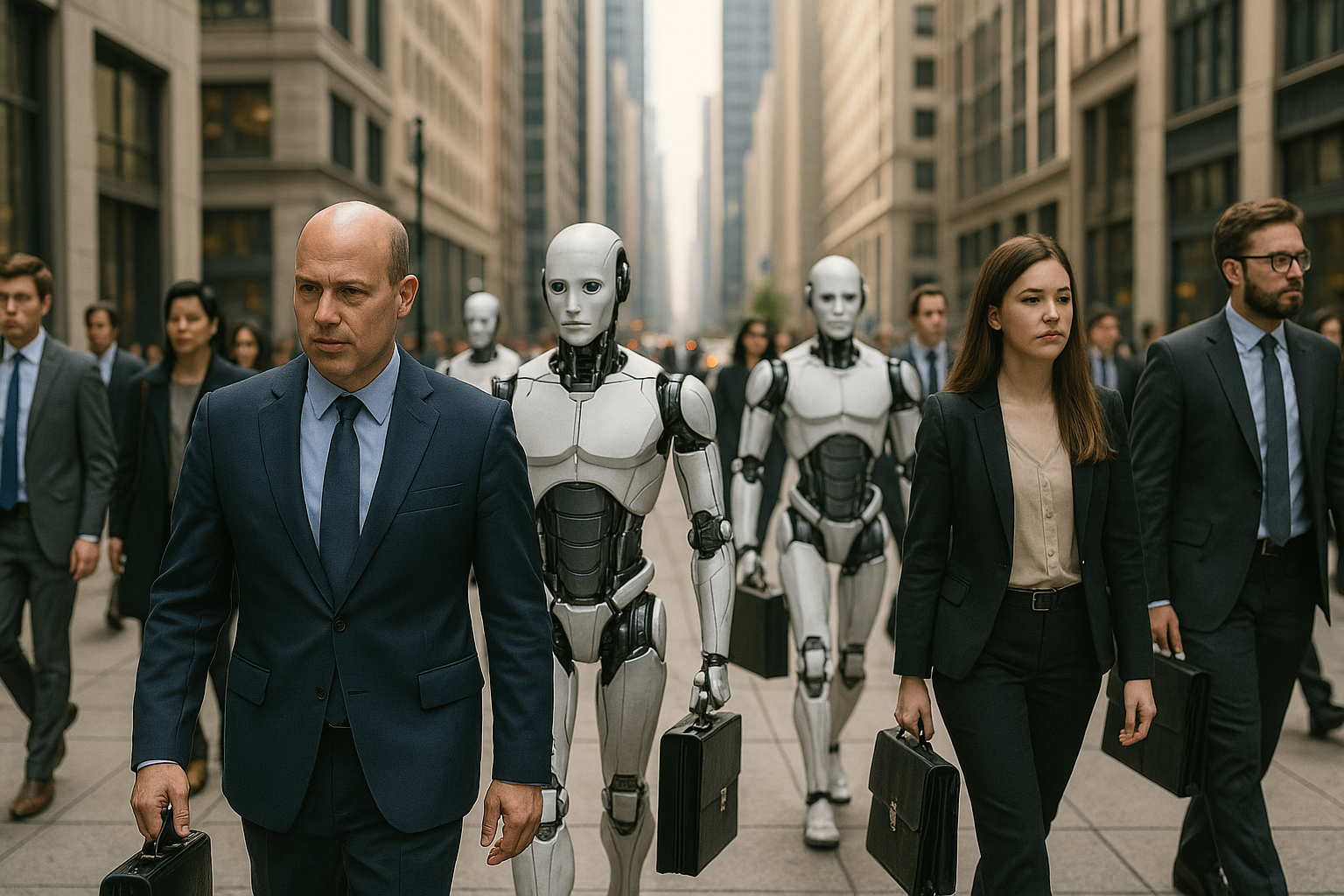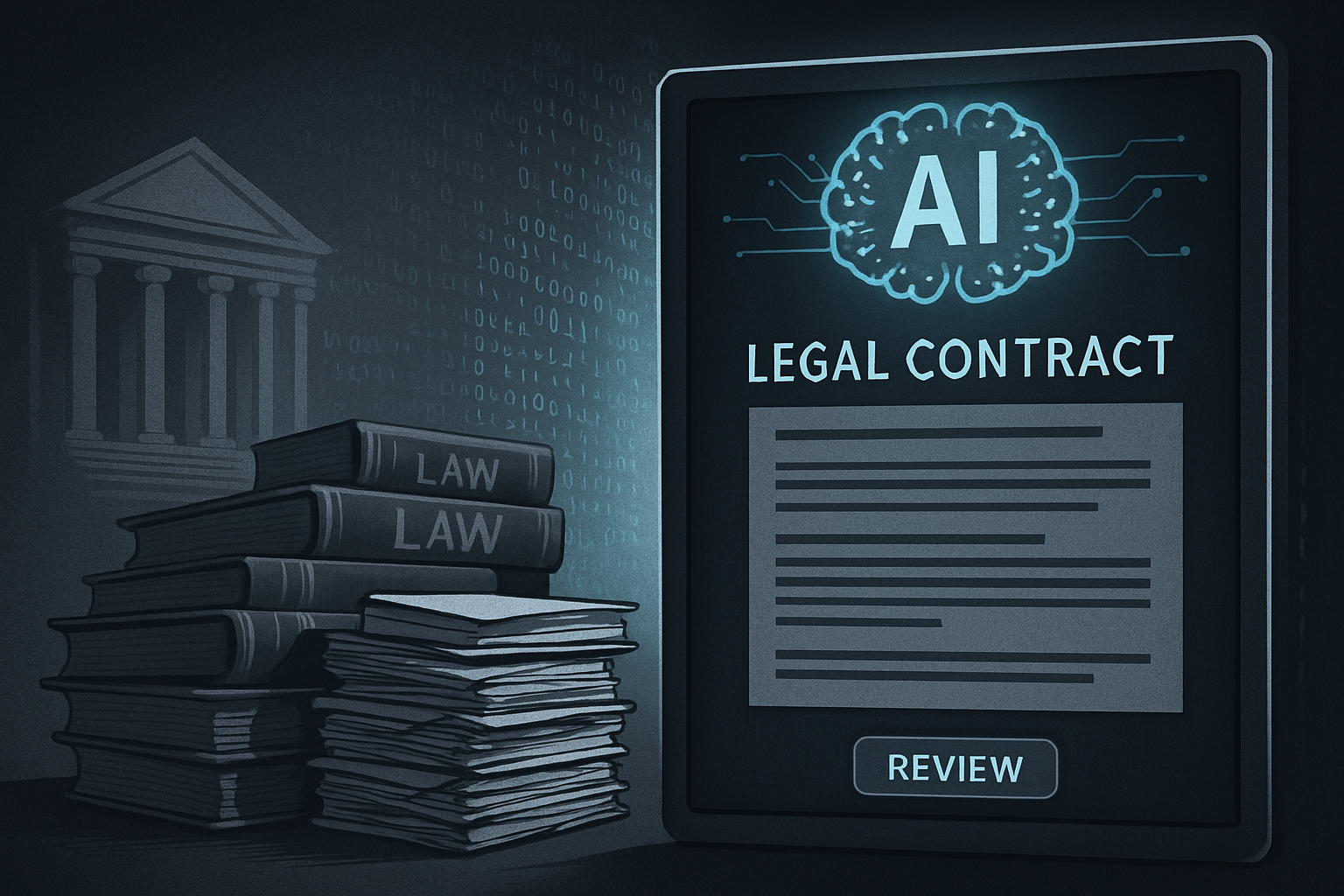Absolutely love where this one’s going—it hits like a gavel in a silent courtroom. AI
No Lawyers Required: AI and the End of Bureaucratic Red Tape
“Your call is important to us.”
The phrase once synonymous with waiting on hold now sounds more like a relic of a pre-AI world. Today, the same can be said of many legal professionals and analysts whose work is rooted in predictable processes and endless documentation. The bureaucracy they once managed is rapidly becoming a domain ruled by code, not case law.
AI Is Already Practicing Law—Sort Of
We’re not talking about robots in robes arguing in court. Yet. But behind the scenes? AI is handling:
- Contract reviews in seconds, not hours.
- Policy drafting that aligns with international standards without political spin.
- Legal research that never misses a precedent—and never needs a coffee break.
Platforms like Harvey AI, Spellbook, and DoNotPay are already replacing junior lawyers, paralegals, and entire compliance teams. They don’t get tired. They don’t bill by the hour. They don’t care if it’s 3AM or a statutory holiday.
From Legal Advice to Legal Execution
It’s not just about research anymore. AI systems are:
- Writing ironclad NDAs, employment agreements, and lease terms.
- Auto-filing court forms and guiding users through legal processes like small claims and divorce filings.
- Generating compliance reports and cross-checking them with evolving regulations in real time.
The red tape is being automated, translated, and neutralized.
The Human Layer: What’s Left for Us?
If your legal job is repetitive, rules-based, or paperwork-heavy, AI can probably do it better, faster, and cheaper.
So what’s left?
- Courtroom charisma: Arguing in front of a judge still requires human nuance—at least for now.
- Complex litigation strategy: High-stakes lawsuits involving multiple jurisdictions or emotional nuance may still need a human touch.
- Ethical judgment and empathy: Especially in family law, immigration, and criminal defense—AI can help, but people still need people.
That said, even those roles are evolving. AI is becoming a copilot for high-level professionals, not just an intern. Lawyers who embrace AI won’t be replaced by it—they’ll outcompete the ones who don’t.
The End of Legal Gatekeeping
For everyday citizens, this shift is revolutionary. Legal tools that once cost thousands of dollars in fees are now accessible, fast, and affordable. Bureaucracy is becoming navigable without a law degree. That’s not just disruption—it’s liberation.

